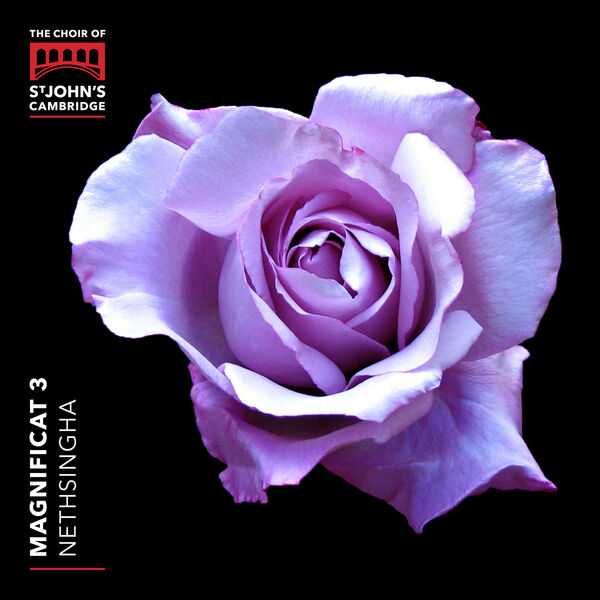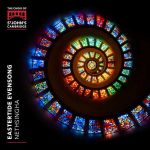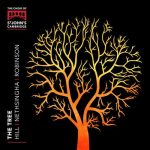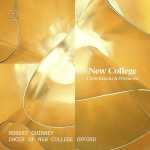

Composer: Pavel Chesnokov, George Dyson, Herbert Norman Howells, Bryan Kelly, Kenneth Leighton, Philip Moore, Charles Villiers Stanford
Performer: Choir of St. John’s College Cambridge
Conductor: Andrew Nethsingha
Format: FLAC (tracks)
Label: Signum
Catalogue: SIGCD742
Release: 2023
Size: 1.92 GB
Recovery: +3%
Scan: yes
01. Chesnokov: Nunc Dimitis
02. Howells: Magnificat & Nunc dimittis (St Paul’s, 1951)
03. Moore: Magnificat & Nunc Dimitis (Sancti Johannis Cantabrigiense)
04. Leighton: Magnificat & Nunc Dimittis (Collegium Magdalenae Oxonienses)
05. Howells: Magnificat & Nunc dimittis (Westminster)
06. Dyson: Magnificat & Nunc Dimittis in F
07. Stanford: Magnificat & Nunc Dimittis in B flat, Op. 10
08. Kelly: Magnificat and Nunc dimittis in C
Following their critically acclaimed ‘Psalms’ album, St John’s College, Cambridge and Andrew Nethsingha present a selection of Magnificat & Nunc Dimittis recordings from January and July 2022. Much of the third volume in their series of Evening Canticles focuses on music in a twenty-year period, from 1945 to 1965. Philip Moore’s Magnificat and Nunc Dimittis were commissioned especially for St John’s College, Cambridge.
Magnificat 3 is the third in a series of recordings covering British settings of the Magnificat – Nunc dimittis pair (there are seven settings here, plus one non-British Nunc dimittis setting by the Pavel Chesnokov, as a curtain-raiser). It may also be the last, given that director Andrew Nethsingha has departed the Choir of St. John’s Cambridge. On the surface, it sounds like a specialized program and like a lot of Magnificats, but these recordings repay close listening and illuminate the thinking of the individual composers; its appeal lies exactly in how the common texts serve to differentiate the approaches. There is a three-generation teacher-student chain here, from Charles Villiers Stanford to Herbert Howells to Bryan Kelly, and works by the other composers include other interesting features. The pair by Kenneth Leighton has an unusually close, rigorous interaction between the choir and the cathedral’s magnificent organ, while that by Philip Moore, who wrote 21 Magnificat settings, has an attractively minimal quality in its solos. Plainly, this is not an album for those without an interest in British choral music, but it is decisively recommended to those who do have that interest, and it landed on classical best-seller charts in the spring of 2023.



